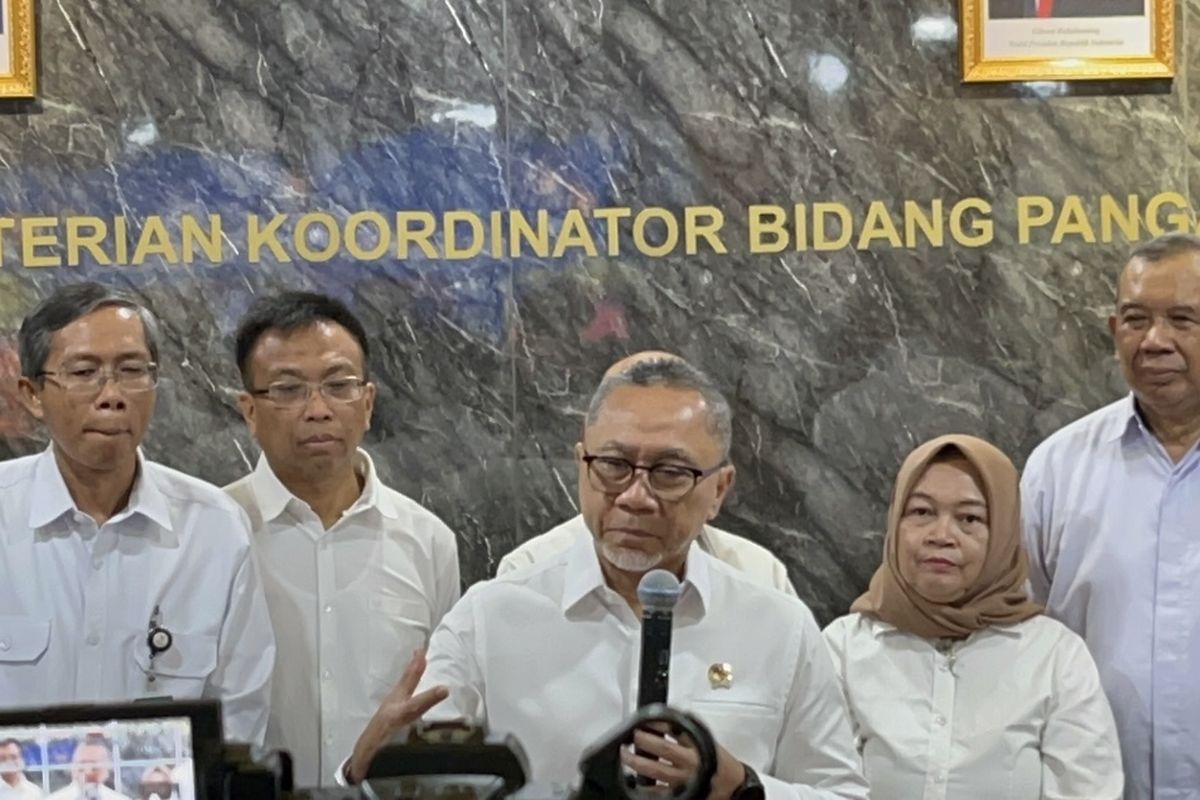When former U.S. President Donald Trump launched his aggressive trade war through high import tariffs, the ripple effects were felt worldwide—especially in Southeast Asia. While some nations managed to pivot strategically, others struggled to adjust. Among the most affected? Indonesia (RI), which now finds itself lagging behind Malaysia and serving as a dumping ground for rejected or low-grade goods.
This is not just an economic issue; it’s a warning sign about trade readiness, policy resilience, and regional competitiveness.
Background: The Trump Tariffs and Their Global Disruption
In 2018, Trump implemented steep tariffs targeting imports from countries like China, citing unfair trade practices. As a result, Chinese exporters sought alternative destinations for their surplus goods to avoid U.S. penalties.
Initially, this shift seemed like an opportunity for Southeast Asian countries, including Indonesia and Malaysia. However, the long-term outcomes reveal a stark difference in how each country managed the influx.
Malaysia’s Strategic Move vs. Indonesia’s Missed Opportunity
Malaysia responded to the redirected trade flow with clear import screening policies and strict quality control standards. It welcomed high-value investments while maintaining product quality and environmental safety.
Meanwhile, Indonesia took a less restrictive approach, hoping to benefit from increased trade volume. Unfortunately, this openness led to an increase in low-quality imports, particularly in sectors like textiles, electronics, and plastics.
Today, experts say Indonesia has become a “dumping ground”—a destination for goods that other countries, including Malaysia, refuse to accept due to safety, quality, or environmental concerns.
The Cost to Indonesia’s Economy and Environment
This trade imbalance doesn’t just impact reputation—it also hurts local industries that struggle to compete with cheap, substandard imports. Moreover, the environmental toll is severe, as many of these goods end up as waste or are difficult to recycle, adding pressure on Indonesia’s waste management systems.
Additionally, small and medium-sized businesses (SMEs) have raised concerns that they are being undercut by a flood of lower-priced foreign products, eroding market share and profitability.
Public and Policy Response: Time to Rethink Strategy
As criticism grows, Indonesian policymakers are under pressure to respond. Economic analysts and environmental groups alike are urging the government to:
-
Enforce stricter import regulations
-
Strengthen quality control mechanisms
-
Promote domestic production and innovation
Public sentiment is also shifting, with many citizens calling for greater protection of local industries and environmental sustainability.
Conclusion: From Victim to Victor?
While the aftermath of Trump’s tariff war has undeniably hurt Indonesia, the country still has an opportunity to turn the tide. By learning from Malaysia’s proactive approach, Indonesia can strengthen its trade policies and regain regional competitiveness.
